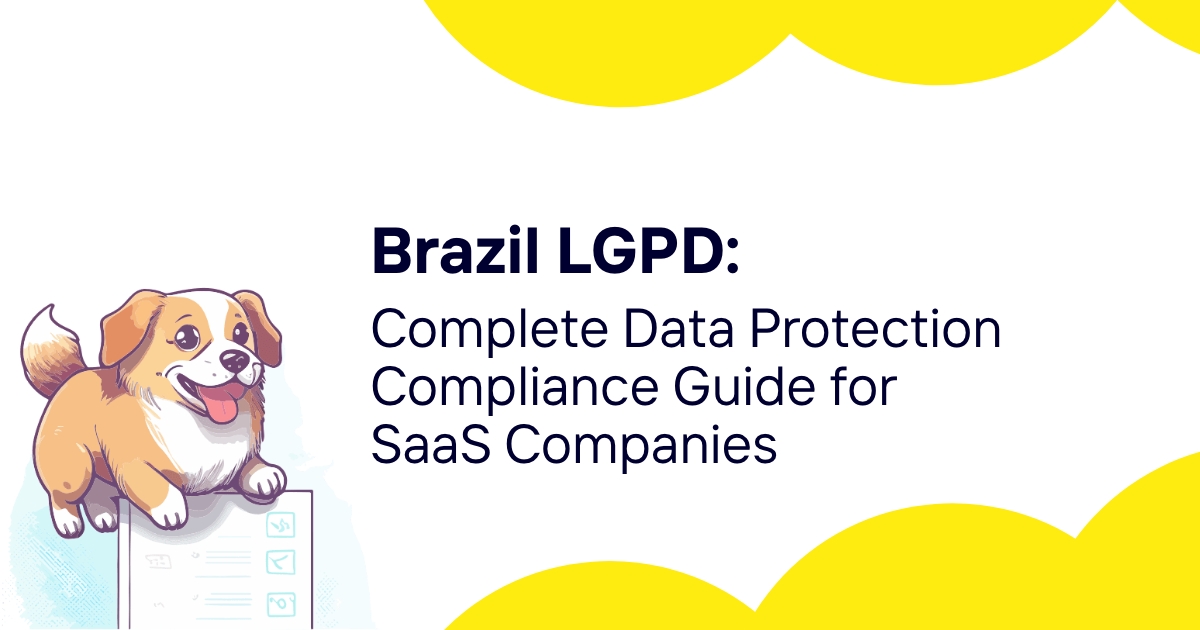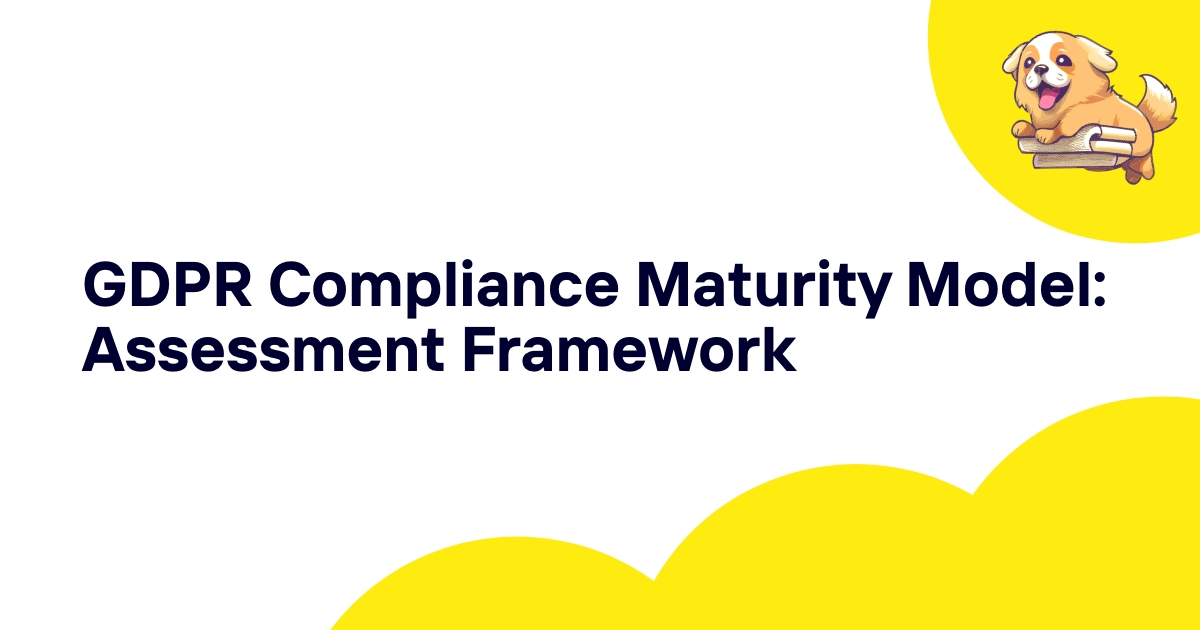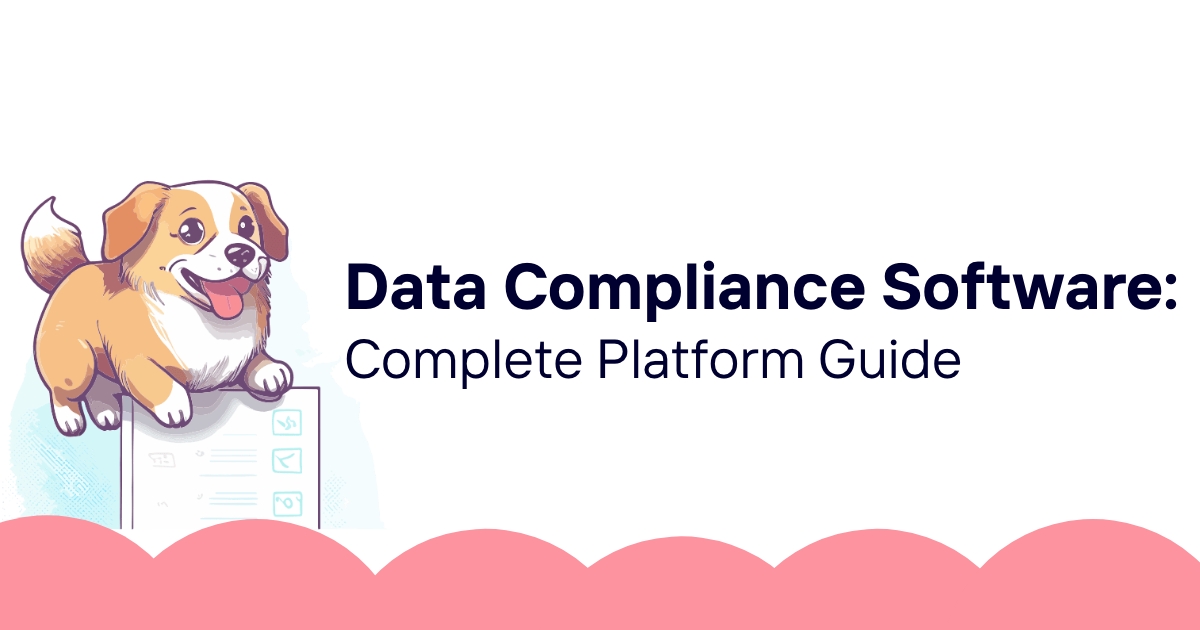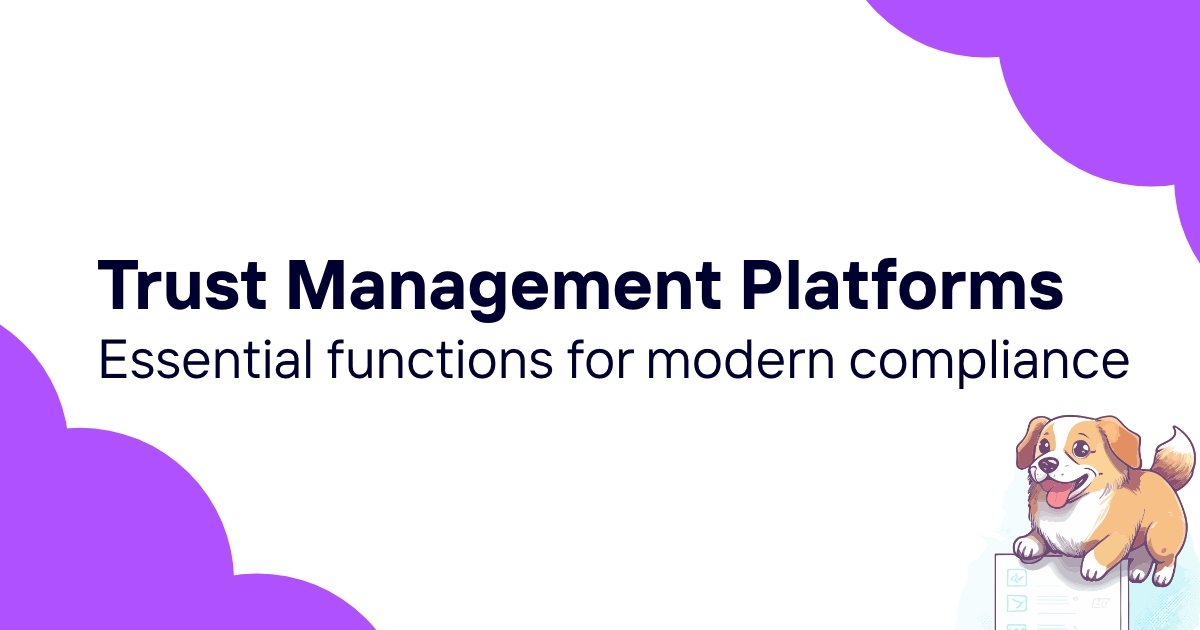Brazil's Lei Geral de Proteção de Dados (LGPD) creates comprehensive data protection obligations for SaaS companies serving Latin America's largest economy. LGPD combines European-style privacy principles with Brazilian legal traditions, creating unique compliance challenges that require specialized understanding of both privacy law and Brazilian business culture.
LGPD applies to SaaS companies that process personal data in Brazil or offer services to Brazilian data subjects, regardless of where the company is located. This broad territorial scope means most international SaaS platforms need LGPD compliance when serving Brazilian customers or collecting data from Brazilian users.
Brazil's data protection authority (ANPD - Autoridade Nacional de Proteção de Dados) is actively developing enforcement approaches and regulatory guidance that will shape how LGPD requirements are interpreted and implemented. SaaS companies need compliance strategies that address current requirements while preparing for regulatory evolution.
The Brazilian market represents enormous opportunities for SaaS companies, with growing technology adoption, increasing digital transformation, and strong demand for cloud-based solutions. LGPD compliance becomes a competitive advantage that enables SaaS companies to serve this important market confidently while building trust with Brazilian customers.
Companies that master LGPD compliance position themselves for success throughout Latin America, as other countries in the region develop privacy laws influenced by Brazil's approach. ComplyDog helps SaaS platforms navigate Brazilian privacy requirements alongside other international frameworks through comprehensive compliance management that addresses LGPD's unique characteristics.
Brazil LGPD Overview for SaaS Companies
LGPD creates comprehensive data protection obligations that apply broadly to SaaS companies serving Brazilian markets while reflecting Brazilian legal principles and business practices.
LGPD Territorial Scope:
LGPD applies to personal data processing carried out in Brazil, regardless of the controller's location, nationality, or where the data is stored. The law also applies to processing activities that aim to offer goods or services to Brazilian data subjects.
This broad territorial scope means SaaS platforms with Brazilian customers, users, or data collection activities need LGPD compliance regardless of where the company is headquartered or where data processing occurs.
Personal Data Definition:
LGPD defines personal data as information relating to an identified or identifiable natural person. This includes user accounts, IP addresses, device identifiers, behavioral analytics, and any information that can be linked to specific individuals.
The definition aligns closely with GDPR but must be interpreted within Brazilian legal context and regulatory guidance from ANPD that continues evolving as enforcement develops.
Sensitive Personal Data Categories:
LGPD provides enhanced protection for sensitive personal data including racial or ethnic origin, religious beliefs, political opinions, health data, sexual life information, genetic data, and biometric data for identification purposes.
SaaS platforms processing sensitive data must implement enhanced consent requirements and protection measures that exceed standard personal data protection while supporting legitimate business purposes.
Data Controller and Processor Roles:
LGPD distinguishes between controllers (who make decisions about processing) and operators (who process data on behalf of controllers). SaaS platforms often serve both roles depending on specific processing contexts and customer relationships.
Understanding your role in different processing situations ensures appropriate LGPD obligations are applied. Customer data hosting might involve operator responsibilities, while platform analytics involves controller obligations.
Data Protection Officer Requirements:
LGPD may require appointing a Data Protection Officer (DPO) based on processing volume, sensitivity, and risk assessment. The ANPD will provide specific guidance on DPO appointment requirements as regulatory framework develops.
Evaluate whether your SaaS operations require DPO appointment and prepare appropriate organizational structures for privacy governance and regulatory communication.
For insights on managing international privacy compliance with developing regulatory frameworks, check out our Utah privacy compliance guide which addresses similar implementation challenges.
LGPD Data Subject Rights Implementation
LGPD provides Brazilian data subjects with comprehensive rights that SaaS companies must support through appropriate systems and procedures while respecting Brazilian legal traditions and consumer expectations.
Right of Access Implementation:
LGPD gives data subjects rights to confirm processing existence and access their personal data, including processing purposes, categories, retention periods, and information about data sharing with third parties.
Design access systems that provide comprehensive information about data processing activities while respecting Brazilian data subject expectations for clear, direct communication about personal data handling.
Data Correction Rights:
Data subjects can request correction of incomplete, inaccurate, or outdated personal data, requiring SaaS platforms to implement systems that can address factual errors while handling disputes about derived information appropriately.
Build correction workflows that can handle both objective factual corrections and situations where data subjects disagree with analytics, assessments, or inferred information generated by platform processing.
Data Portability Requirements:
LGPD provides data portability rights that allow data subjects to obtain their personal data in structured, commonly used formats for transmission to other controllers when technically feasible.
Create portability features that provide useful data exports while protecting intellectual property, trade secrets, and other users' confidential information that might be intermingled with portable data.
Right to Deletion (Erasure):
Data subjects can request deletion of personal data in specific circumstances including when data is no longer necessary for processing purposes, when consent is withdrawn, or when processing is unlawful.
Implement deletion systems that can remove data subject personal data while preserving information necessary for legal compliance, legitimate business interests, and other data subjects' rights protection.
Right to Object to Processing:
LGPD allows data subjects to object to processing based on legitimate interests, requiring SaaS platforms to implement mechanisms for handling objections while maintaining essential platform functionality.
Design objection mechanisms that provide meaningful choice about processing activities while explaining how objections affect platform functionality and service delivery to individual users.
LGPD Legal Basis Requirements
LGPD requires specific legal basis for all personal data processing, creating obligations that affect how SaaS companies justify and implement data collection, use, and sharing activities.
Consent as Legal Basis:
LGPD consent must be freely given, specific, informed, and unambiguous. Consent must be requested for specific purposes and can be withdrawn at any time without affecting service availability for non-consent-dependent features.
Design consent mechanisms that provide clear information about processing purposes while avoiding consent fatigue that could undermine genuine understanding and choice.
Legitimate Interest Processing:
LGPD allows processing based on legitimate interests when necessary for controller's legitimate purposes, considering fundamental rights and freedoms of data subjects and reasonable expectations in the processing context.
Document legitimate interest assessments that balance business needs against data subject privacy rights while considering Brazilian legal traditions and consumer expectations about data processing.
Contract Performance Basis:
Processing necessary for contract performance or pre-contractual measures provides legal basis for core SaaS functionality including account management, service delivery, billing, and customer support activities.
Clearly identify processing activities that are necessary for contract performance versus those that require additional legal basis like consent or legitimate interests for optional features.
Legal Obligation Compliance:
Processing required by Brazilian law or regulatory obligations provides legal basis that doesn't require additional consent or justification, but must be clearly documented and limited to compliance purposes.
Identify legal obligations that require personal data processing and ensure processing scope doesn't exceed what's necessary for specific compliance requirements.
Vital Interests Protection:
Processing necessary to protect vital interests of data subjects or other persons provides legal basis for emergency situations and critical safety measures that might arise in SaaS platform operations.
Consider scenarios where vital interests might justify processing and prepare appropriate procedures for emergency situations that require immediate data processing for safety protection.
LGPD Consent Management for SaaS
LGPD consent requirements create specific obligations for SaaS companies that must implement meaningful consent while supporting platform functionality and user experience.
Free and Informed Consent:
LGPD consent must be freely given without coercion and informed through clear information about processing purposes, data categories, retention periods, and data subject rights.
Design consent interfaces that provide sufficient information for informed decision-making without overwhelming users with excessive technical detail that obscures essential privacy information.
Specific and Unambiguous Consent:
Consent must be specific to particular processing purposes and obtained through clear affirmative acts that demonstrate unambiguous agreement to proposed data processing activities.
Avoid bundled consent that requires accepting all processing activities as a package and implement granular consent that allows choice about different types of processing.
Consent Withdrawal Mechanisms:
Data subjects must be able to withdraw consent as easily as it was given, requiring SaaS platforms to implement practical withdrawal mechanisms that respect user choices while maintaining platform functionality.
Create consent withdrawal systems that provide granular control over different consent decisions while clearly explaining how withdrawal affects platform features and service delivery.
Consent Documentation:
Maintain detailed records of consent decisions including what was consented to, when consent was obtained, how information was provided, and any subsequent changes or withdrawals.
Implement consent tracking that provides sufficient detail to demonstrate LGPD compliance while supporting data subject rights exercise and regulatory accountability.
LGPD Data Processing Documentation
LGPD requires comprehensive documentation of data processing activities that demonstrates compliance commitment while supporting operational efficiency and regulatory oversight.
Processing Activity Records:
LGPD requires maintaining records of processing activities including purposes, data categories, data subjects, recipients, retention periods, and security measures applied to personal data processing.
Create processing documentation that provides practical operational guidance while supporting regulatory compliance and data subject rights fulfillment through clear, accessible information.
Data Protection Impact Assessments:
LGPD may require data protection impact assessments for high-risk processing activities, though specific requirements await ANPD guidance on assessment scope and methodology.
Prepare assessment frameworks that can identify high-risk processing and evaluate privacy impacts while supporting business decision-making about data processing activities.
Privacy Policy Requirements:
LGPD requires clear, easily accessible privacy policies that explain personal data processing in language that data subjects can understand and use for informed decision-making.
Develop privacy policies that address LGPD transparency requirements while reflecting Brazilian legal context and consumer expectations about privacy protection and business communication.
Cross-Border Transfer Documentation:
Document international data transfers including transfer mechanisms, adequacy assessments, and contractual protections that ensure appropriate privacy protection for Brazilian personal data processed outside Brazil.
Maintain transfer documentation that demonstrates LGPD compliance while supporting business operations and regulatory oversight of international data processing activities.
LGPD Cross-Border Data Transfers
LGPD regulates international transfers of personal data through requirements that ensure adequate protection while supporting legitimate business operations and international commerce.
Adequacy Assessment Approach:
LGPD allows transfers to countries that provide adequate data protection as determined by ANPD. The authority is developing adequacy assessment procedures that will determine which countries qualify for unrestricted transfers.
Monitor ANPD adequacy decisions and prepare alternative transfer mechanisms for countries that don't receive adequacy recognition but are necessary for business operations.
Contractual Transfer Mechanisms:
LGPD allows transfers based on contractual clauses that ensure adequate protection for personal data, similar to GDPR standard contractual clauses but adapted for Brazilian legal requirements.
Implement contractual transfer mechanisms that satisfy LGPD requirements while supporting international business operations and cloud infrastructure that spans multiple jurisdictions.
Specific Consent for Transfers:
Data subjects can provide specific consent for international transfers after being informed about transfer purposes, destination countries, and protection measures applied to their data.
Design transfer consent mechanisms that provide clear information about international processing while supporting business operations that require global data processing capabilities.
Corporate Group Transfers:
LGPD allows transfers within corporate groups through binding corporate rules or similar mechanisms that ensure consistent privacy protection across international business operations.
Evaluate whether corporate group transfer mechanisms meet your business needs while providing appropriate protection for Brazilian personal data processed internationally.
LGPD Enforcement and Penalties
Understanding LGPD enforcement mechanisms and penalty structures helps SaaS companies develop appropriate compliance strategies and risk management approaches.
ANPD Enforcement Authority:
Brazil's National Data Protection Authority (ANPD) has primary enforcement responsibility for LGPD, including investigation powers, compliance oversight, and penalty assessment authority.
Stay informed about ANPD guidance, enforcement priorities, and regulatory developments that affect SaaS compliance obligations and best practices for LGPD implementation.
Administrative Penalties:
LGPD provides for administrative penalties including warnings, fines up to 2% of annual revenue (capped at R$ 50 million per violation), and orders to cease processing activities.
Consider penalty risks when developing compliance strategies while focusing on building genuine privacy protection that demonstrates good faith compliance efforts.
Compliance Cooperation:
ANPD emphasizes compliance cooperation and guidance rather than purely punitive enforcement, creating opportunities for businesses to work collaboratively on privacy protection implementation.
Engage proactively with ANPD guidance and regulatory development processes while building compliance programs that demonstrate genuine commitment to Brazilian data subject protection.
Incident Response Requirements:
LGPD requires reporting certain data security incidents to ANPD and affected data subjects, creating incident response obligations that must be coordinated with other international breach notification requirements.
Develop incident response procedures that satisfy LGPD notification requirements while coordinating with other jurisdictional obligations for international SaaS operations.
Brazilian Market Considerations for SaaS
Successfully implementing LGPD compliance requires understanding Brazilian market characteristics, business culture, and consumer expectations that affect privacy implementation strategies.
Brazilian Business Culture:
Brazilian business culture emphasizes relationship-building and personal communication that affects how privacy information should be presented and how customer interactions should be managed.
Adapt privacy communication and customer service approaches to align with Brazilian business culture while maintaining LGPD compliance and international privacy standards.
Local Language Requirements:
Provide privacy information in Portuguese that accurately reflects LGPD requirements while being accessible to Brazilian data subjects who may not be familiar with privacy law terminology.
Develop Portuguese privacy documentation that conveys essential information clearly while maintaining legal accuracy and supporting informed decision-making by Brazilian users.
Technology Infrastructure:
Consider Brazilian technology infrastructure and internet connectivity patterns when implementing privacy features like consent management, data access, and communication mechanisms.
Design privacy implementations that work effectively with Brazilian technology infrastructure while providing appropriate protection and user experience for all Brazilian data subjects.
Competitive Differentiation:
Use LGPD compliance as competitive differentiation in the Brazilian market by demonstrating privacy leadership and commitment to data subject protection that exceeds minimum compliance requirements.
Build privacy capabilities that support business growth in Brazil while demonstrating privacy innovation and leadership that attracts privacy-conscious customers and business partners.
Ready to succeed in the Brazilian market? Use ComplyDog and demonstrate your commitment to Brazilian data protection through comprehensive LGPD compliance that builds trust with Brazilian customers while supporting business growth in Latin America's largest economy.


















